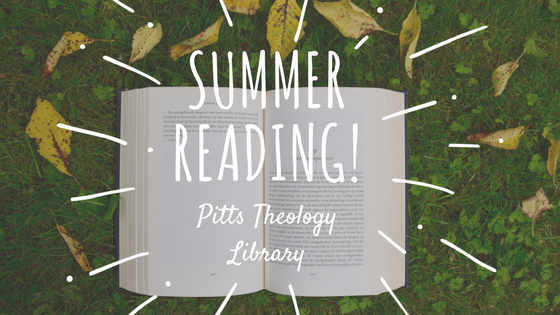
 Summer reading suggestions are brought to you this week by Elizabeth (Liz) Miller, Pitts Theology Library’s Reserves and Circulation Specialist.
Summer reading suggestions are brought to you this week by Elizabeth (Liz) Miller, Pitts Theology Library’s Reserves and Circulation Specialist.
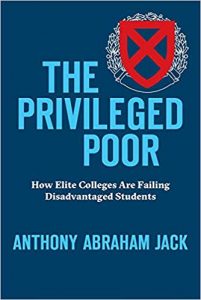 First, Liz recommends The privileged poor: how elite colleges are failing disadvantaged students by Anthony Abraham Jack (Harvard University Press, 2019). Written by a former scholarship student of elite institutions, this book sheds light on how and why disadvantaged students struggle at top colleges like Ivy League schools. Readers will find that for many students whose presence constitutes a “diverse student body,” admission does not guarantee acceptance.
First, Liz recommends The privileged poor: how elite colleges are failing disadvantaged students by Anthony Abraham Jack (Harvard University Press, 2019). Written by a former scholarship student of elite institutions, this book sheds light on how and why disadvantaged students struggle at top colleges like Ivy League schools. Readers will find that for many students whose presence constitutes a “diverse student body,” admission does not guarantee acceptance.
Second, Liz suggests How neighborhoods make us sick: restoring health and wellness to our communities by Veronica 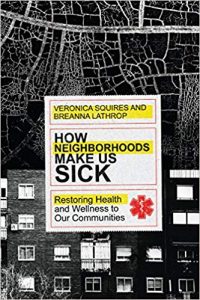 Squires and Breanna Lathrop (IVP Books, 2019). In this book, Veronica Squires and Breanna Lathrop emphasize the importance of creating healthier neighborhoods and dismantling systems of oppression that prevent people from living their best lives. Squires and Lathrop’s work draws on real life experience working in community redevelopment and treating uninsured families, and is available online as an ebook for Emory users.
Squires and Breanna Lathrop (IVP Books, 2019). In this book, Veronica Squires and Breanna Lathrop emphasize the importance of creating healthier neighborhoods and dismantling systems of oppression that prevent people from living their best lives. Squires and Lathrop’s work draws on real life experience working in community redevelopment and treating uninsured families, and is available online as an ebook for Emory users.
Finally, embark on a “romp down the back alleys of New York City” in a podcast Liz recommends called The Bowery Boys: New York City History podcast.The Bowery Boys, Greg Young and Tom Meyers, are New York natives, and this fun duo brings you over 275 episodes detailing the history of NYC. Listen for free on Apple’s iTunes, Stitcher radio, TuneIn Streaming radio, or the satellite site.
Stay tuned next week for another round of summer reading suggestions that are sure to keep you busy wherever your break might take you!

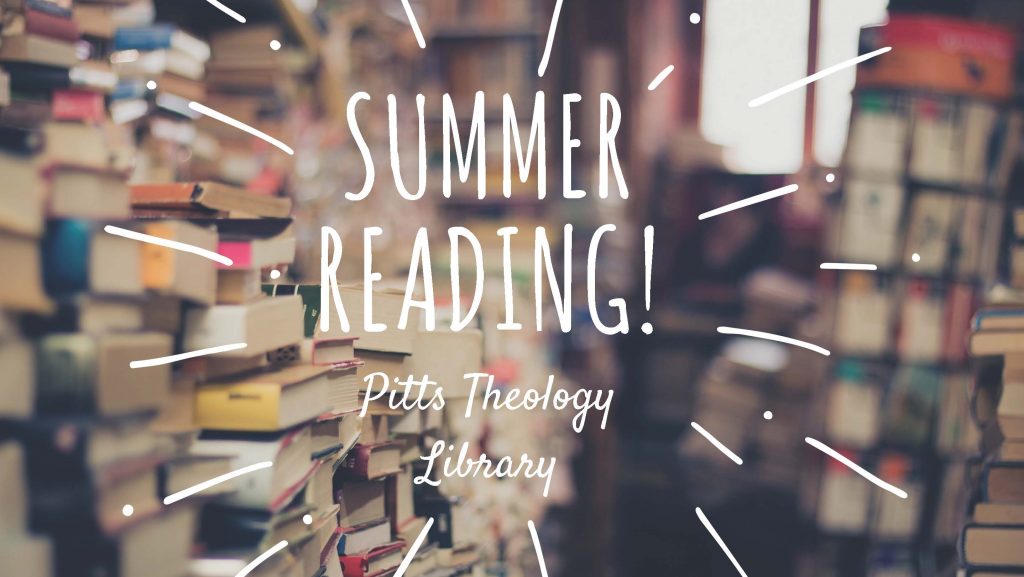

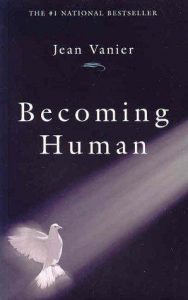
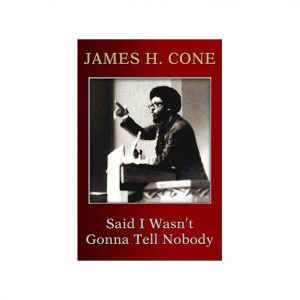
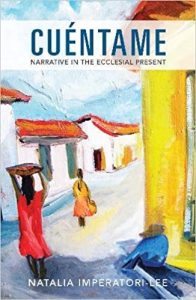

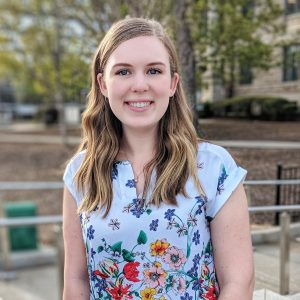 This week we heard from Pitts Theology Library’s Acquisitions, Serials, and Assessment Librarian, Caitlin Russell. Take a break from the heavy academic reads with these novels grounded in religion and history!
This week we heard from Pitts Theology Library’s Acquisitions, Serials, and Assessment Librarian, Caitlin Russell. Take a break from the heavy academic reads with these novels grounded in religion and history!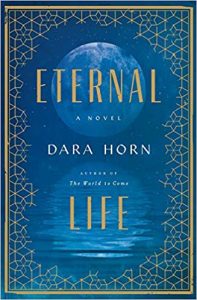 First, Caitlin recommends
First, Caitlin recommends 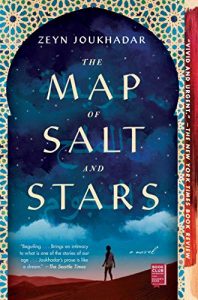 Caitlin also suggests a novel the follows two juxtaposed tales called
Caitlin also suggests a novel the follows two juxtaposed tales called 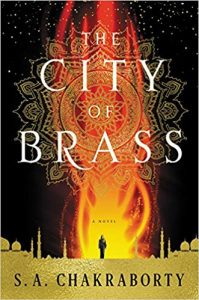 Caitlin’s final recommendation is a fun adventure read called
Caitlin’s final recommendation is a fun adventure read called 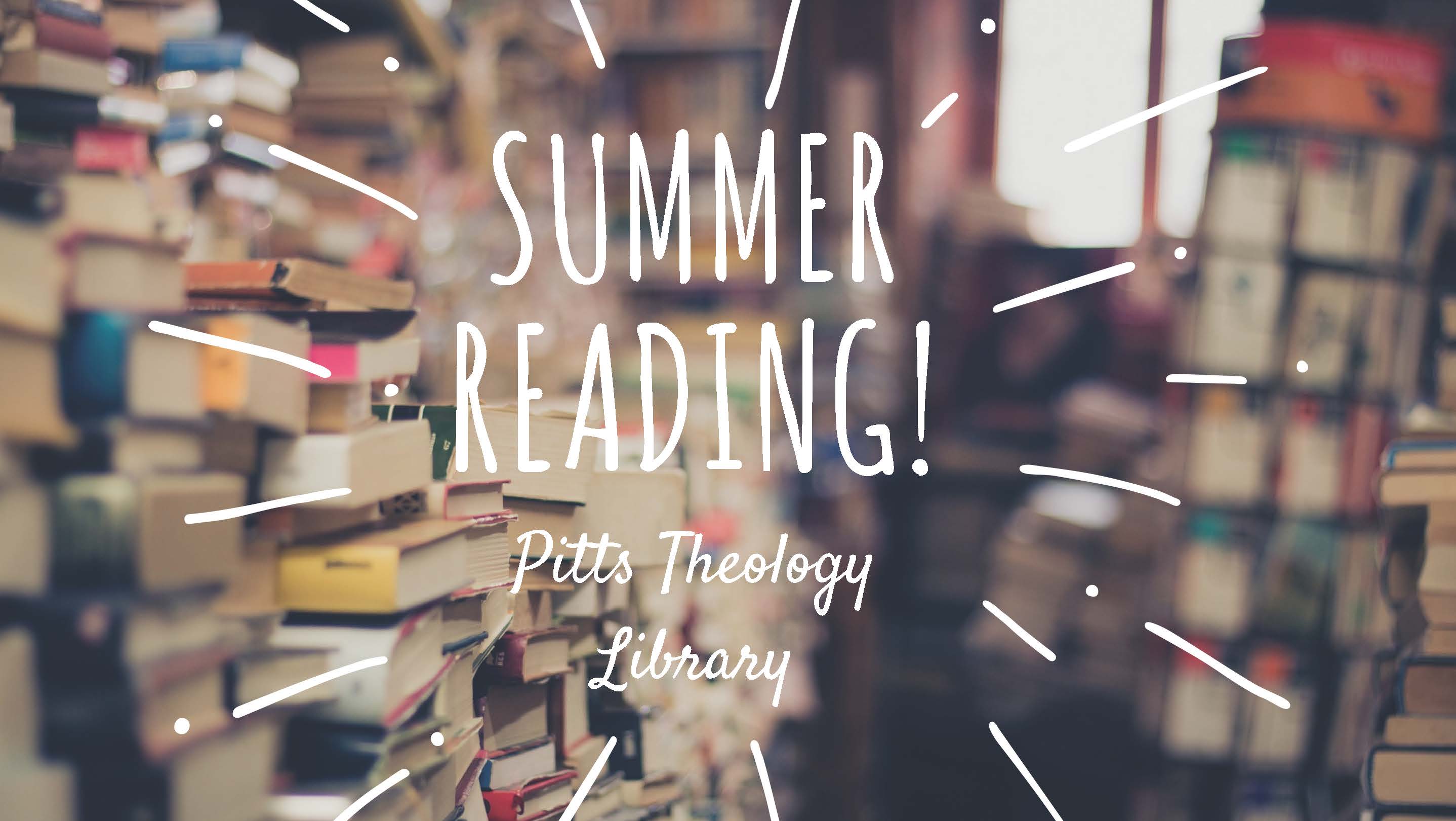
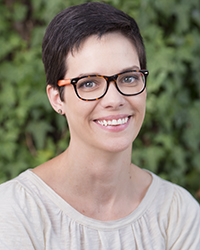
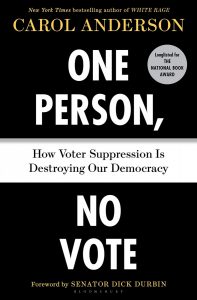
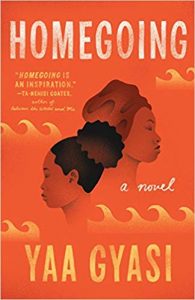

 First, Quentin suggests A More Beautiful Question: The Power of Inquiry to Spark Breakthrough Ideas (
First, Quentin suggests A More Beautiful Question: The Power of Inquiry to Spark Breakthrough Ideas ( this book, Barbara Brown Taylor introduces a path to spirituality for those who don’t yet have all the answers.
this book, Barbara Brown Taylor introduces a path to spirituality for those who don’t yet have all the answers. Visit a Fulton County Public Library near you to find these next two items (ps.
Visit a Fulton County Public Library near you to find these next two items (ps.  Finally, for those with long road trips or layovers, Quentin invites you to listen in on a podcast that he hosts with Candler alum,
Finally, for those with long road trips or layovers, Quentin invites you to listen in on a podcast that he hosts with Candler alum,